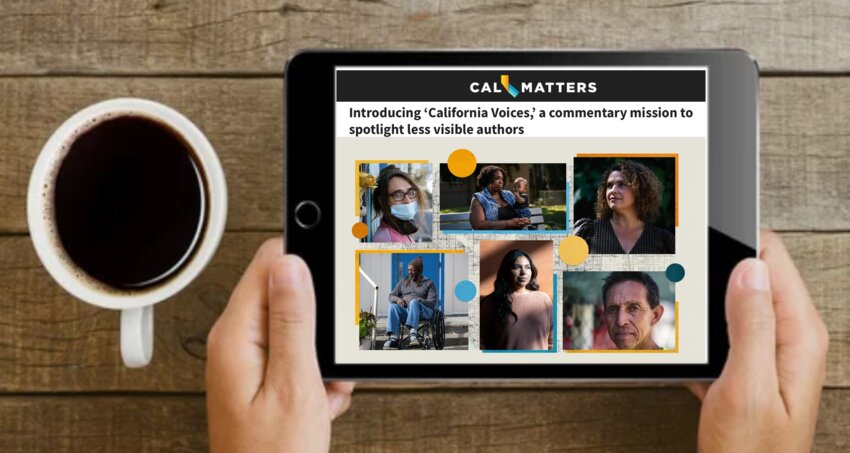The 2024 class of 10 News Publishers That Do It Right is now E&P’s News Media’s 10 to Watch. They represent our industry with small-town publishers to large properties; monthly, weekly and daily publications; legacy print and digital publications; business, university and alternative publications — representing the breadth and depth of our industry. Each faced challenges and innovated to overcome them, and each has a story to tell — revenue, content, community service, engagement, business model or platform. We’re excited to highlight these 10 to Watch to give you energy and ideas.
Trust is a foundational element in news media, spanning decades and sometimes even centuries, especially concerning editorial concepts and community connectivity. However, regarding the revenue side of news media, trust is the linchpin for businesses deciding which advertising medium and sponsorship relationships to work closely with to help shape their narrative and value.
In today's evolving media landscape, the role of editorial pages in sparking meaningful discussions has come under scrutiny. However, as news outlets like The Dallas Morning News, The Charlotte Observer, and the Chicago Sun-Times demonstrate, investing in opinion pages yields significant returns, fostering robust conversations and offering diverse viewpoints on local and national issues.
Last summer, Vermont News & Media launched Green Mountain Vermont Cannabis News, a website and newsletter to inform the public about the state’s evolving cannabis laws and burgeoning economy. E&P spoke with President and Publisher Jordan Brechenser and Advertising and Marketing Specialist Ahmad Yassir about how the new brand is doing.
As the Press Forward initiative gathers momentum, I’m hearing a question from the heads of public broadcasting and nonprofit news organizations alike: “Do you know where I can find a grant writer?”
My answer to them: “You don't need one.”
Most of these folks think they need a gifted writer who can research lists of available grant programs, spin a compelling narrative about their organization’s worthiness......
On any given day, the American people can find coverage of the U.S. border with Mexico — in print, online and circulating on social media, TV and talk radio. Partisan media outlets and politicians alike often sensationalize the coverage. But to truly understand what’s unfolding there, as well as the challenges journalists face in reporting on the border, E&P went to the sources.
News media publishers face dilemmas over social media policy today. There's a delicate balance between encouraging reporters to engage on social media — to extend journalism's reach — and avoiding pitfalls that undermine reporting. They're also grappling with respecting journalists' freedom of speech in an age when social media is integral to their professional
and personal lives.
In news media advertising, organizations often spend too much time analyzing rates and comparing them to similar-sized outlets. It’s important, but sometimes, focusing too much on rate hinders the ability to assess an opportunity directly. Before immediately delving into pricing considerations, it’s crucial first to identify opportunities aligned with your organization’s goals.
Under the leadership of Dean Raul Reis, who took office in July 2022, the Hussman School of Journalism and Media at the University of North Carolina has significantly revised its curriculum, infusing courses that can assist students in excelling once they graduate — whether in journalism or other communication fields like advertising or public relations.
Ten news organizations won up to $25,000 in grants to help convert print subscribers into digital customers, and those teams no doubt celebrated their good fortune. But from the standpoint of The Lenfest Institute, which reviewed more than 50 applications and handed out the grants, the program’s value is more about helping the news industry than providing one-time allowances to 10 deserving companies.
AI is now powering an upheaval of the search economy that could devastate news publishers desperately needing good news. For the first time since it became the world’s largest search engine in 2000, Google’s dominance in the search market is facing a serious threat. One of the challengers, Perplexity, shoots back short, AI-generated responses to direct questions. Is it perfect? No. Is it pretty useful? Of course. But it comes at a terrible cost to publishers.
As of January 2024, 1,177 pink slime sites have been identified across the United States, representing both sides of the political spectrum, with innocuous-sounding names, like The Main Street Sentinel and Metric Media. NewsGuard, which uses AI to help programmatic advertisers direct ads to reputable sites, warns that the number will rise as election season heats up.
